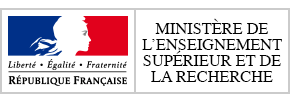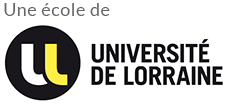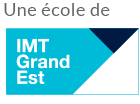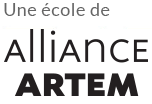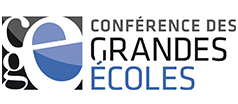On Tuesday 4 April 2023, Mines Nancy, Nokia and SNEF inaugurated the Te@chLab5G, a 5G private wireless platform supplied by Nokia and installed by its partner SNEF (Eiffage Énergie Systèmes) on the campus of the Ecole des Mines de Nancy. The aim of this project is to deploy a state-of-the-art communications infrastructure to enable student training as well as testing and experimenting 5G for future engineers and partner projects.
The European Commission has placed the development of 5G as one of the priority initiatives of the “Digitalising European Industry” plan, supported by the call for projects on 5G for sovereignty in telecommunications networks launched by the Ministry of Economics, Finance and Industrial and Digital Sovereignty.
To promote and embrace digital transformation, and to be one step ahead of the competition, Mines Nancy has created the the Te@chLab5G project, co-financed by the Grand-Est region and in partnership with Nokia, SNEF and Mines Nancy Foundation. The project is being developed with the active participation and expertise of Alerion, AnalyticsNC, the French National Agency for Radioactive Waste Management (ANDRA), the IHU Strasbourg and the Lorraine Research Laboratory in Computer Science and its Applications.
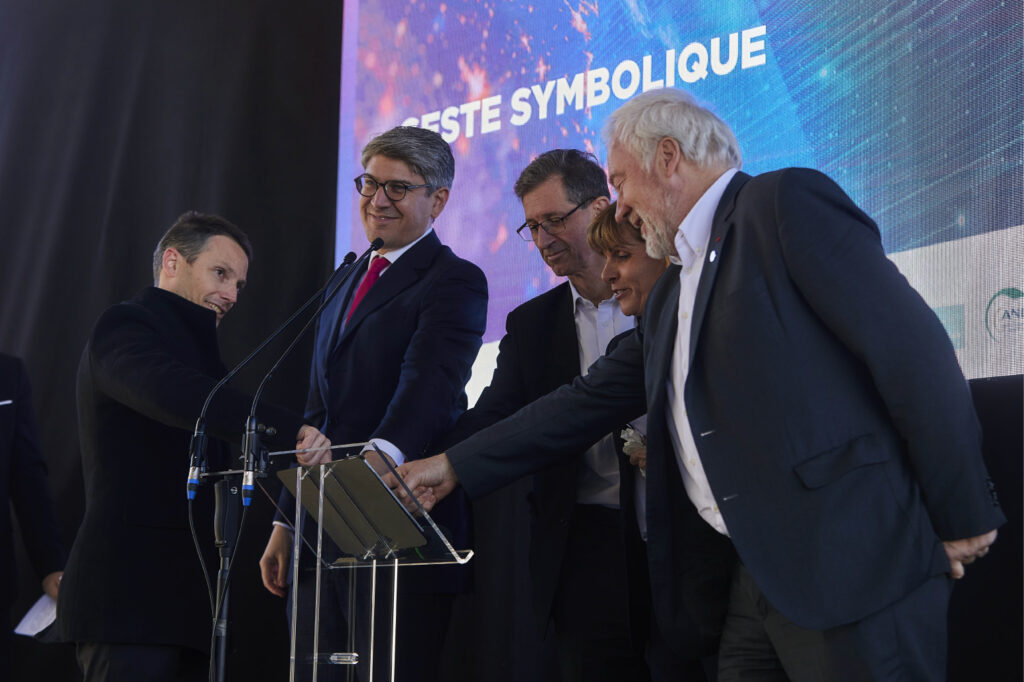
Official launch of the private 5G network at Mines Nancy with (from left to right): François Rousseau, general manager of Mines Nancy, Pierre-Gaël Chantereau, CEO of Nokia France, Christophe Delaye, general manager of SNEF, Anne Lauvergeon, chairman of the board of Mines Nancy, and Philippe Herbert, chairman of the 5G mission in France
Nokia has deployed its leading-edge Digital Automation Cloud (DAC) solution which enables industrial-grade connectivity using pre-configured plug and play elements to create a 5G private network. The private wireless and digitalisation platform solution using Nokia MX Industrial Edge provides reliable, secure and predictable high-performance and low-latency connectivity and edge computing capability. It is fully scalable and will support future 5G advanced evolutions.
Supporting the digital transition as a neutral actor
This project, conceived as part of the technological innovation and training mission of Mines Nancy’s engineers and by the engineers of its TechLab, offers a state-of-the-art infrastructure for experimentation, testing and training for the school’s students, as well as the project’s external partners. The solution implemented is industrial 5G, different from consumer 5G, and is designed to meet the specific needs of businesses and industries and offers opportunities for digital transformation in multiple areas (including IoT, autonomous robotics, cybersecurity, smart grid, telemedicine).
5G technology thus enables:
- Faster datarate: 5G offers a much faster communication speed than previous technologies, enabling fast transfer of large data and real-time projects.
- Low latency: 5G also offers low latency, which can be particularly useful for applications that require fast response, such as control of fast-moving machines/robots.
- Higher multi-user capacity: 5G can connect more devices simultaneously, which is useful for projects requiring many connected devices.
- Greater reliability: 5G has even better reliability than previous technologies, essential for critical projects requiring uninterrupted connectivity.
“The Te@chLab5G of Mines Nancy will allow us to reinforce our commitment to technological innovation and to the training of generalist and humanist engineers, capable of responding to the technological and environmental challenges of society. As the first French school equipped with industrial 5G, Mines Nancy plays a neutral role by experimenting and analysing objectively the interests of this technological innovation and ensuring that it is used responsibly and sustainably by its partners,” says François Rousseau, Director General of Mines Nancy.
A platform to experiment the potential of industrial 5G
To support the key players of the industrial revolution 4.0 and their projects, Mines Nancy, through the Te@chLab5G , is creating an innovative work environment and a high-level educational offer.
The creation of the Te@chLab5G on the Mines Nancy campus will make it possible to work on concrete projects such as the implementation of smart communication networks for cities, the creation of smart surveillance systems, the development of augmented reality technologies, the optimization of the manufacturing industry and the design of smart manufacturing systems, or the implementation of smart health networks.
The engineering students of Mines Nancy will have the opportunity to work on application projects using 5G performance, to attend scientific seminars and industrial conferences and to participate in 5G hackathons with the region’s academic institutions.
Transdisciplinary technological training courses in initial and professional training to prepare as many people as possible for AI, robotics, 5G, IoT, etc. will be set up, both in the classroom and in e-learning.
On the research side, an industrial chair on the “Uses of 5G for industry” and a research and training chair on “Artificial intelligence for robotic applications in complex environments” have been created.
Through the Te@chLab5G , Mines Nancy wishes to collectively strengthen the regional competitiveness of enterprises and industry, but also to massively train students and professionals in this disruptive technology to accelerate the digital revolution and build an open ecosystem that connects university skills, enables new technology giants and local enterprises to create 5G power in the territory.
Pierre-Gaël Chantereau, President and Managing Director of Nokia France declared “5G will be the foundation of Industry 4.0 and will have a transformative impact on the wider economy. It is time to accelerate its deployment, and training will play a key role in the adoption of this innovation. In this context, we are proud to be associated with the Ecole des Mines de Nancy, both through the private 5G network we have deployed and through our participation in the school’s 5G chair. Students will be able to experiment with this technology in real-life conditions allowing them to support its adoption and create new solutions in their future companies. 5G will also have a very important impact on education, including the development of distance learning that uses tools such as augmented and virtual reality to create an immersive educational experience.”
Nokia has deployed mission-critical networks to more than 2,600 leading enterprise customers in the transport, energy, large enterprise, manufacturing, webscale, and public sector segments around the globe.
“The accelerated evolution of technologies in recent years with the development of big data, IoT, digital twins and artificial intelligence is becoming a reality for the entire industry, logistics and healthcare. Industrial 5G enables information to be connected and transported under the required conditions of security, throughput and responsiveness. It is and will be the foundation of Industry 4.0. We are very pleased to have contributed to the implementation of this private 5G network and to participate in the 5G chair at the Ecole des Mines de Nancy. All these resources will provide students with a unique environment to train and become players in the transformation of industrial companies and the economic development of our regions,” said Christophe Delaye, Managing Director of SNEF Telecom (Eiffage Énergie Systèmes).


